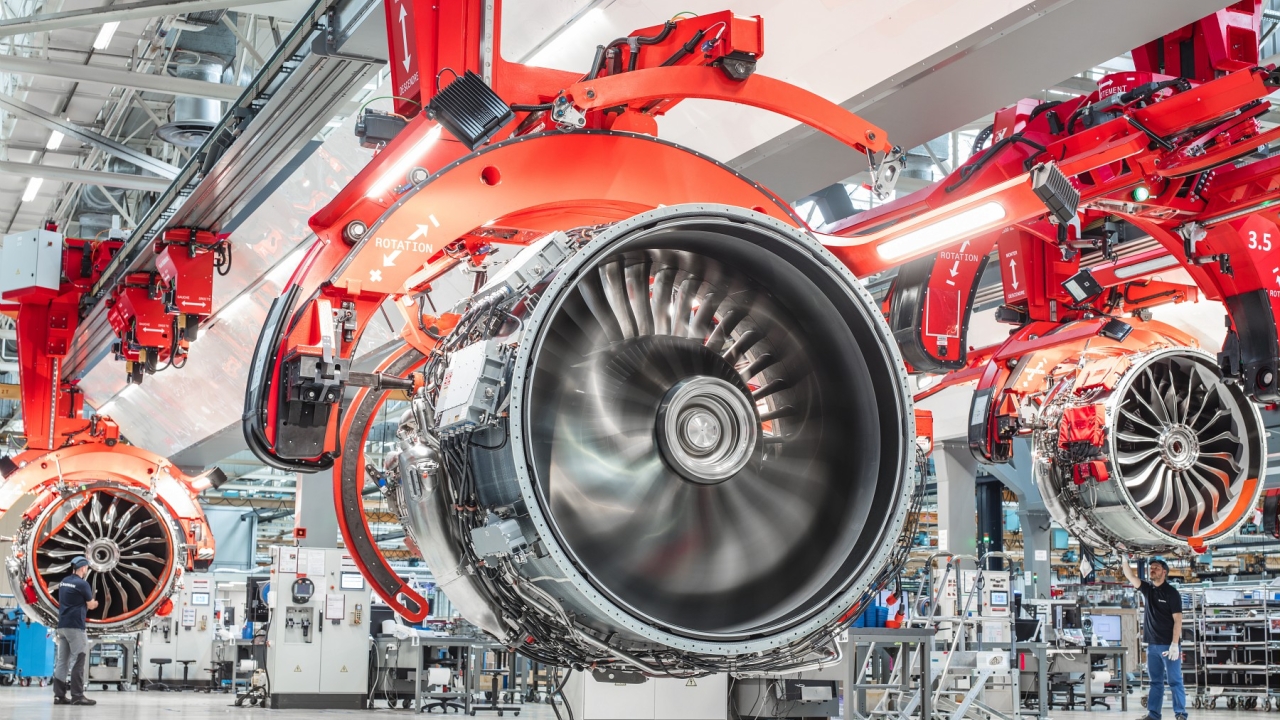Rolls-Royce breakthrough with AI ethics and trustworthiness

The first breakthrough is an AI ethics framework, which is a method that any organisation can use to ensure the decisions it takes to use AI in critical and non-critical applications are ethical. This is the first time AI ethics for industrial contexts has moved beyond theory and into practical application.
Secondly, within that framework, is the first step-by-step process for ensuring the outcomes of AI algorithms can be trusted. This five-layer checking system focuses on the outputs of algorithms, not the algorithms themselves, which are constantly changing. The checking system prevents biases from developing in algorithms undetected and with results being constantly monitored, it ensures they are trustworthy.
In a keynote speech at London Tech Week's AI Summit, Rolls-Royce chief executive officer, Warren East, said: "By publishing our findings we want to move the AI ethics conversation forwards from discussing concepts and guidelines, to accelerating the process of applying it ethically.
"There is no practical reason why trust in AI cannot be created now. And it's only with the acceptance and permission of our society – based on that trust – that the full benefits of AI can be realised, and it can take its place as a partner in our lives and work.
"As a business we are open to collaborative innovation and we will continue to talk to key stakeholders, customers, counterparts and technology leaders to share our work in detail to see how we can help each other progress for the greater growth, wealth and health of our world."
Caroline Gorski, global director of R2 Data Labs, said: "Rolls-Royce's AI capabilities are embedded deeply into other companies' products and services and so aren't widely known. Rolls-Royce's AI doesn't often feature in a consumers' understanding of how the digital world is changing their lives.
"The current debate about the use of AI is focused on the consumer and the treatment of consumer and personal data. But we believe that what we have created – by dealing with a challenge rooted squarely in the industrial application of AI – will help not only with the application of AI in other industries but far more widely."
The two breakthroughs were made during work around an internal assurance challenge where robotic inspections were proposed for the inspections of critical components. During the peer review process, it became apparent that both the ethical framework around that decision making, as well as the trustworthiness process, were new and had the potential to be applied across all uses of artificial intelligence.
Gorski added, said: "There is much more still to do. We haven't solved all of AI's challenges but we hope that when we make this work freely available, it can help organisations large and small around the world grow using AI for good, ethical outcomes."
Stay up to date
Subscribe to the free Times Aerospace newsletter and receive the latest content every week. We'll never share your email address.

